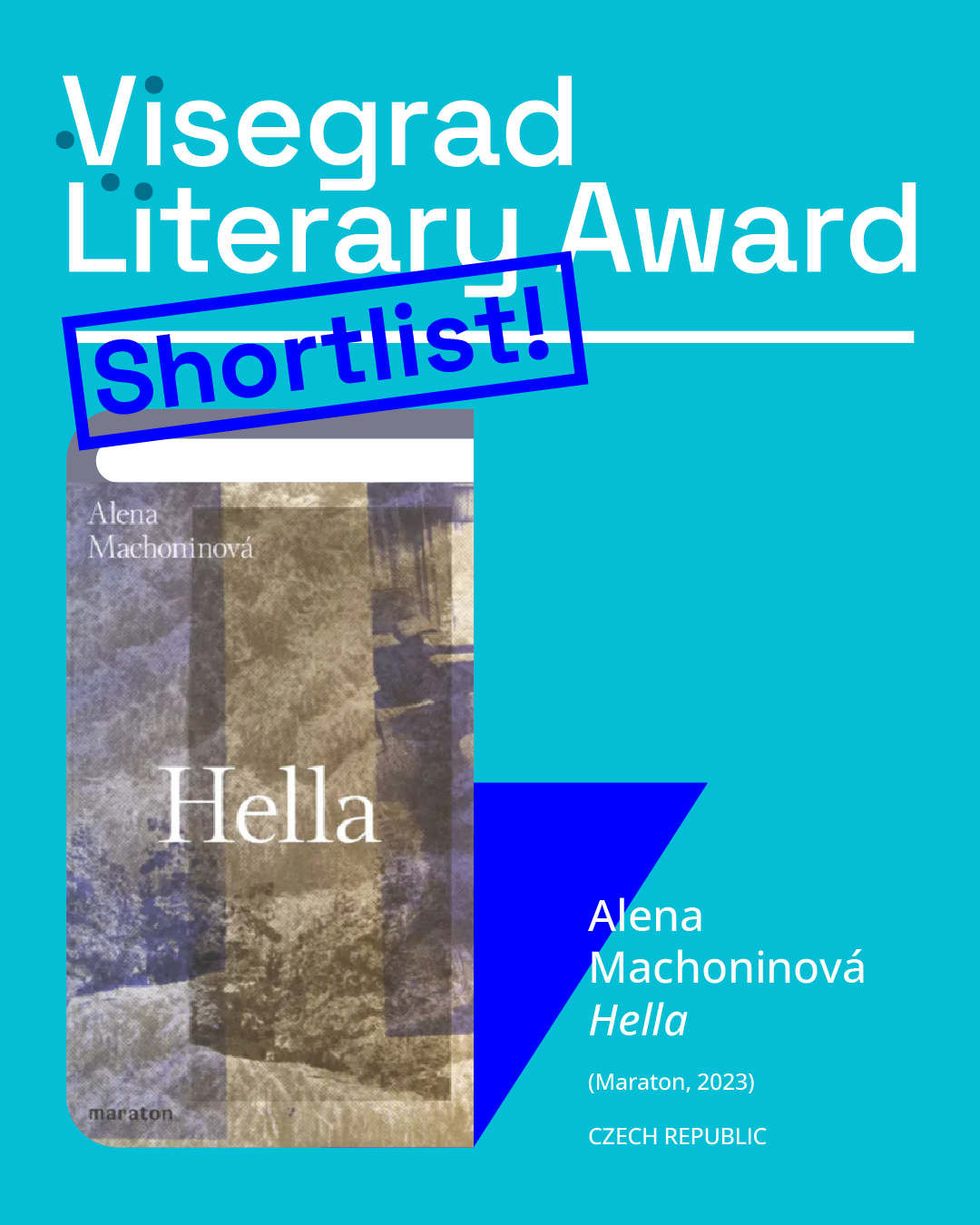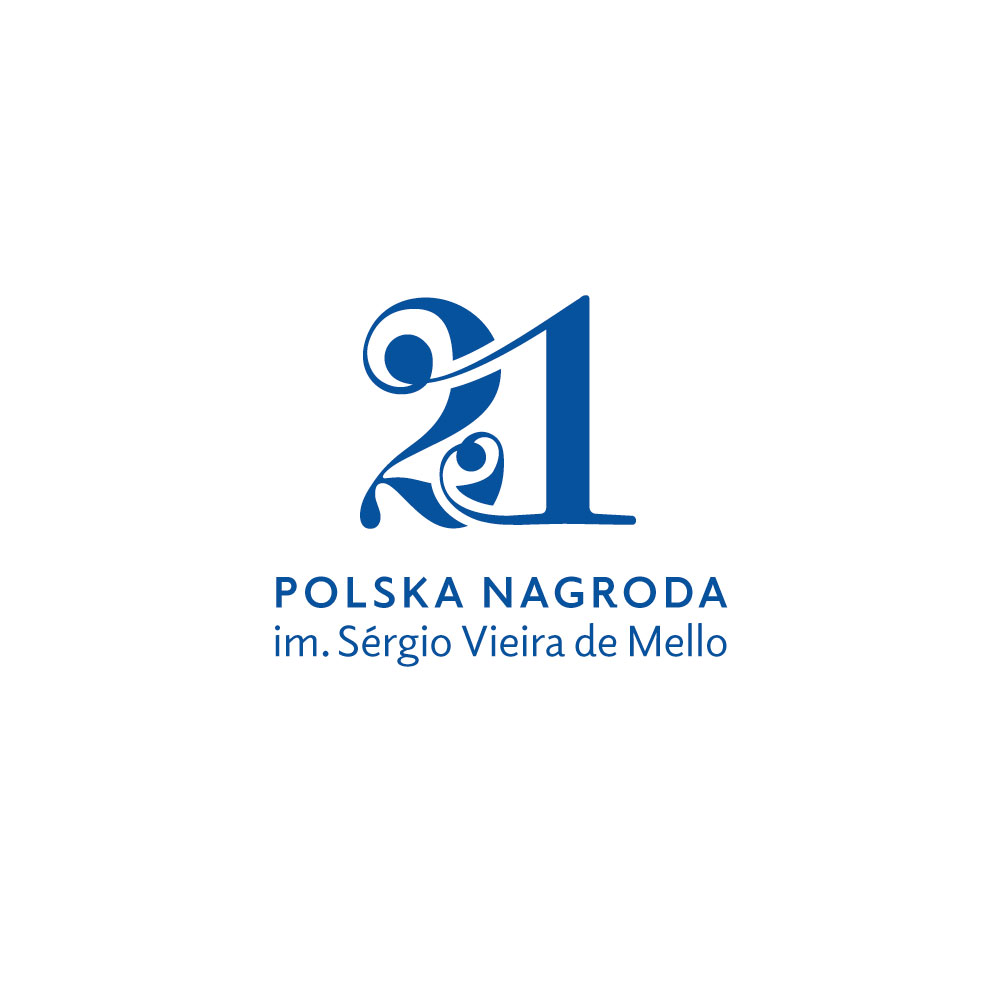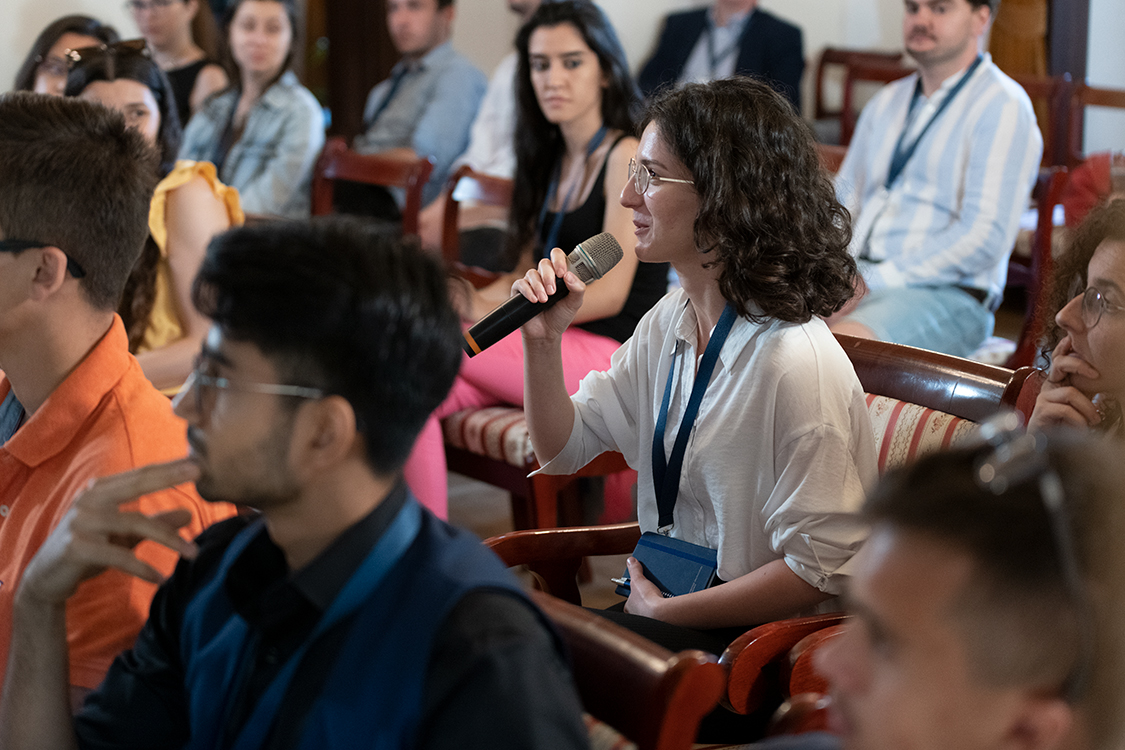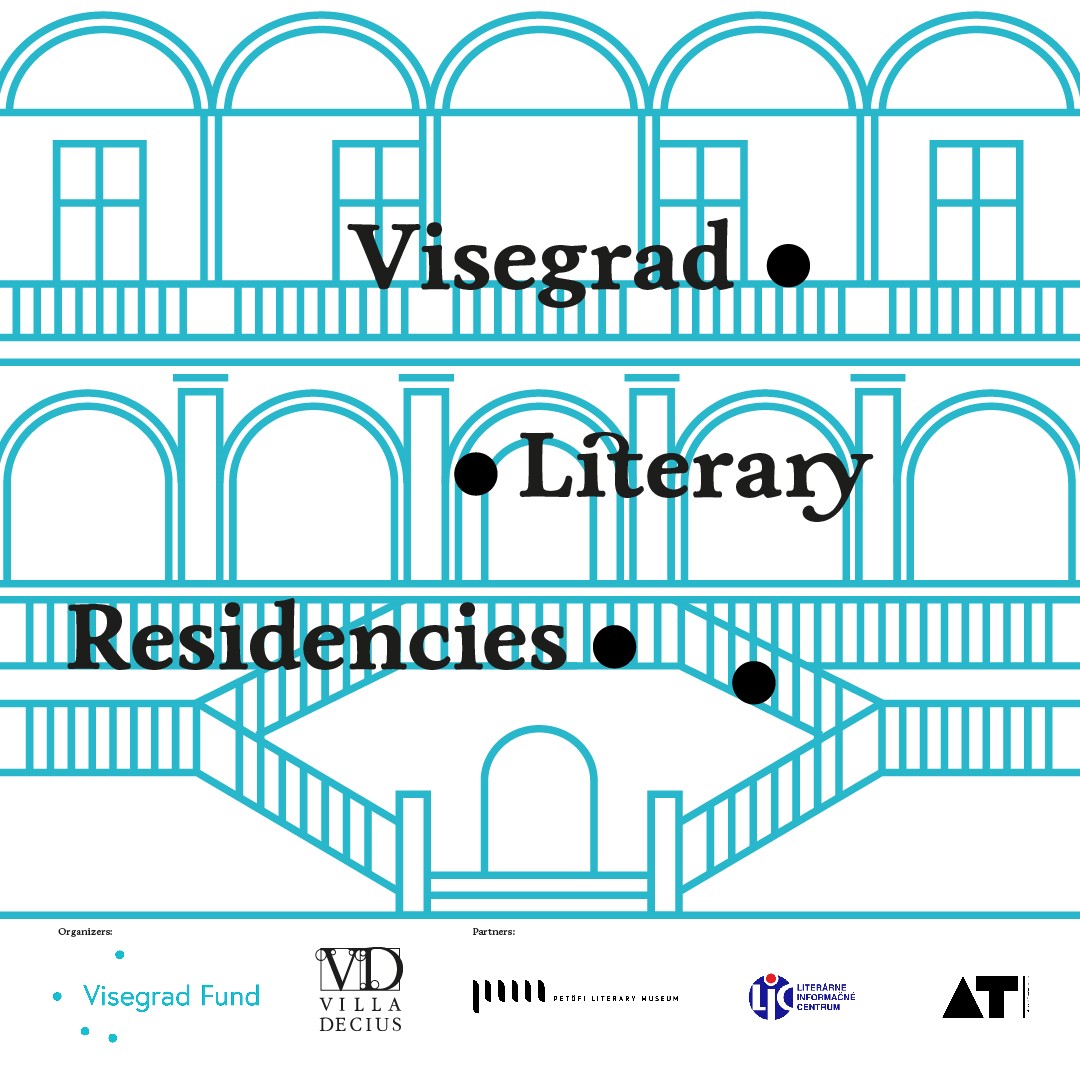 22. Visegrad Summer School will take place from July 1 to 10 this year. This year, we continue the series of Schools focusing on forecasting the future, with the central theme being the Future of Media.
22. Visegrad Summer School will take place from July 1 to 10 this year. This year, we continue the series of Schools focusing on forecasting the future, with the central theme being the Future of Media.
We encourage you to save the dates on your calendar and remind you that the recruitment will start at the beginning of March!
The Visegrad Summer School is a 10-day educational and cultural program designed for young professionals and aspiring future leaders, cultural managers, young entrepreneurs and startup creators, students, scientists, and researchers from the Czech Republic, Poland, Slovakia, Hungary, and other countries in Central and Eastern Europe, as well as the Western Balkans.
Due to its international, macro-regional, and regional dimension, the project aims to promote a positive image of the region on an international scale and to promote the intellectual and cultural heritage of Czech, Polish, Slovak, and Hungarian societies. The 21st School initiated a series of editions focusing on forecasting and designing solutions and events for the future. The thematic focus of the 21st edition was human rights and their presence in the contemporary world. Sessions within the project were led by international experts, including intellectuals, scientists, politicians, cultural figures, journalists, artists, as well as representatives of administration, business, and non-governmental organizations. As part of each edition of the Visegrad Summer School, weekend trips around Krakow and Małopolska are organized. The opportunity to explore places that are not typically known to tourists is a valuable experience and allows for the diversification of the program.
The Visegrad Summer School is organized with the assistance of long-standing and reliable partners: the International Visegrad Fund, the Embassy of the Czech Republic, the Embassy of Hungary, the Embassy of the Slovak Republic, the Ministry of Foreign Affairs of the Republic of Poland, the Vaclav Havel Library (Prague), the Bratislava Policy Institute (Bratislava), the Cracovia Expressz Foundation – Hungarian Center in Krakow (Budapest), the National Association of Regional Development Agencies (Kiev), People in Focus (Albania), the Małopolskie Voivodeship, and the City of Krakow.




